Welcome to the political chaos theory –- or, should we say, fact: a bat flapping its wings in China produces a hurricane… pretty much everywhere around the world. It seems likely that three decades’ worth of good PR painstakingly built up by the Chinese authorities after the downer of the Tiananmen Massacre has all been undone in a few short months of domestic and international missteps, from initially covering up the truth about COVID, through gifting or selling faulty personal safety and medical goods around the world, to now retaliating against countries like Australia which are asking some uncomfortable questions about the origins of the virus.
Yesterday, Australia’s Lowy Institute has released the results of its COVID poll on public attitudes about the Corona pandemic. Of particular interest is the perception of China’s rulers:
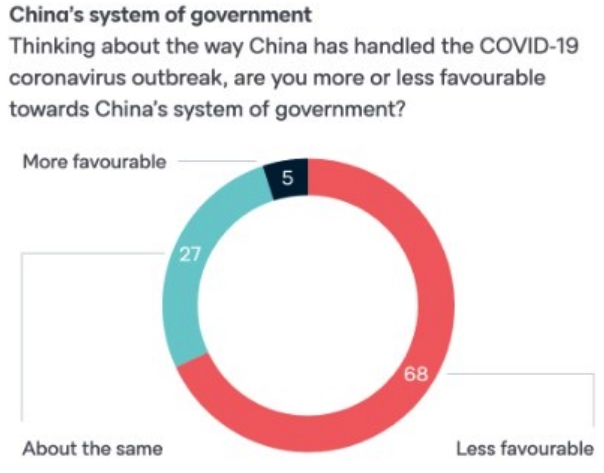
At the same time, 37 per cent of Australians think that China will emerge more powerful after the dust (or the viral load) settles, while 36 per cent believe in no change, and only 27 per cent think China will be weaker in the aftermath. By contrast, a majority of 53 per cent and a plurality of 48 per cent believe that the United States and Europe respectively will be less powerful in the post-pandemic future. Reading the two sets of figures together it seems that the prospect of China’s rebound to international power is viewed more with apprehension rather than enthusiasm.
As Lowy’s Natasha Kassam observed, the public trust in China has been already declining, falling dramatically from 52 to 32 per cent in just one year between 2018 and 2019. It will be interesting to see the figure for this year. It’s unlikely that the behaviour of the communist government so far in 2020 would have improved the perception.
Such findings mirror similar public opinion research elsewhere. Pew Research Center‘s polling last month showed that the negative view of China in the United States has risen from 47 per cent in 2017 to 66 per cent this year. Seventy-one per cent have no confidence in China’s President for Life Xi and 61 per cent view China’s power and influence as a major threat.
A McLaughlin & Associates poll released coincidentally a day later, on April 22, showed 75 per cent of Americans saying their country should end its dependence on China for medical supplies. Seventy-two per cent supported some form of decoupling from China, including nearly two thirds of Democrats, indicating a strong bipartisan sentiment on an issue that has prior to COVID been associated mainly with Donald Trump’s protectionist tendencies.
There has not been any major new public opinion research conducted in Europe in the shadow of COVID, but polling done last year, apart from demonstrating once again that in a typically European fashion Europeans don’t particularly care for anyone but Europe, has thrown up some interesting results, which it will be informative to see updated later this year.
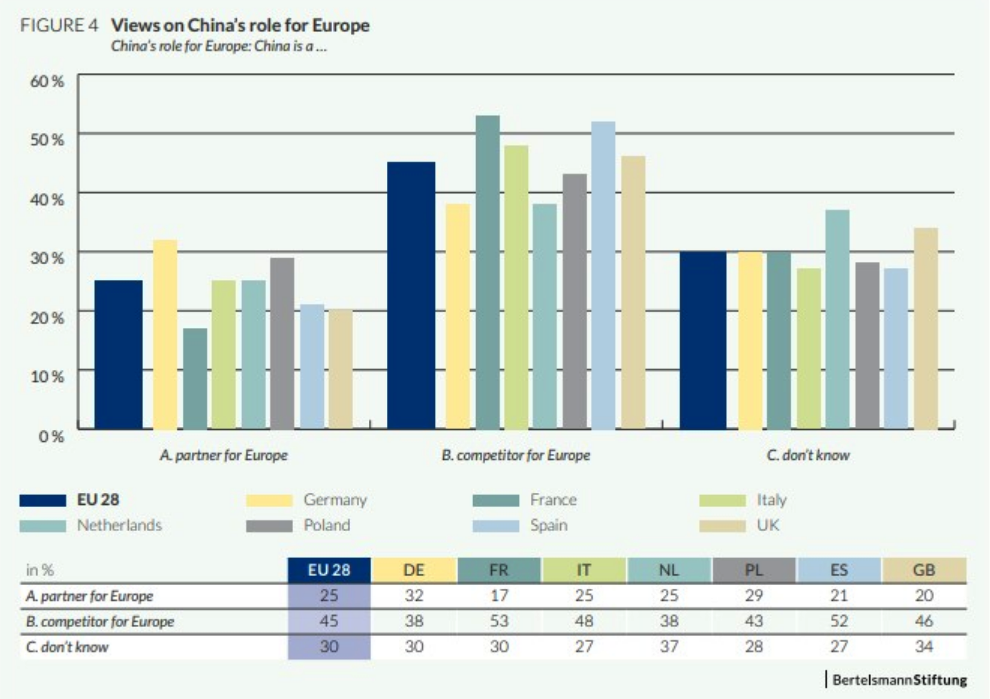
European Council on Foreign Relations:
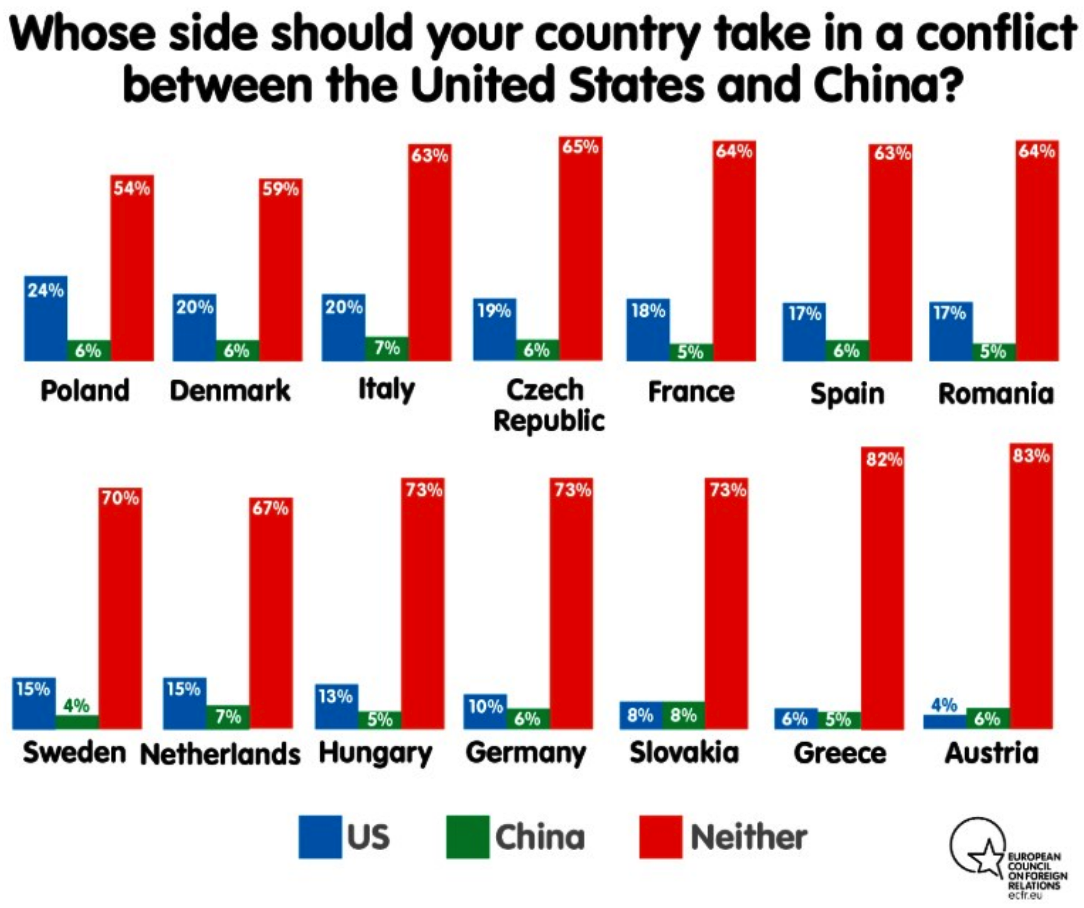
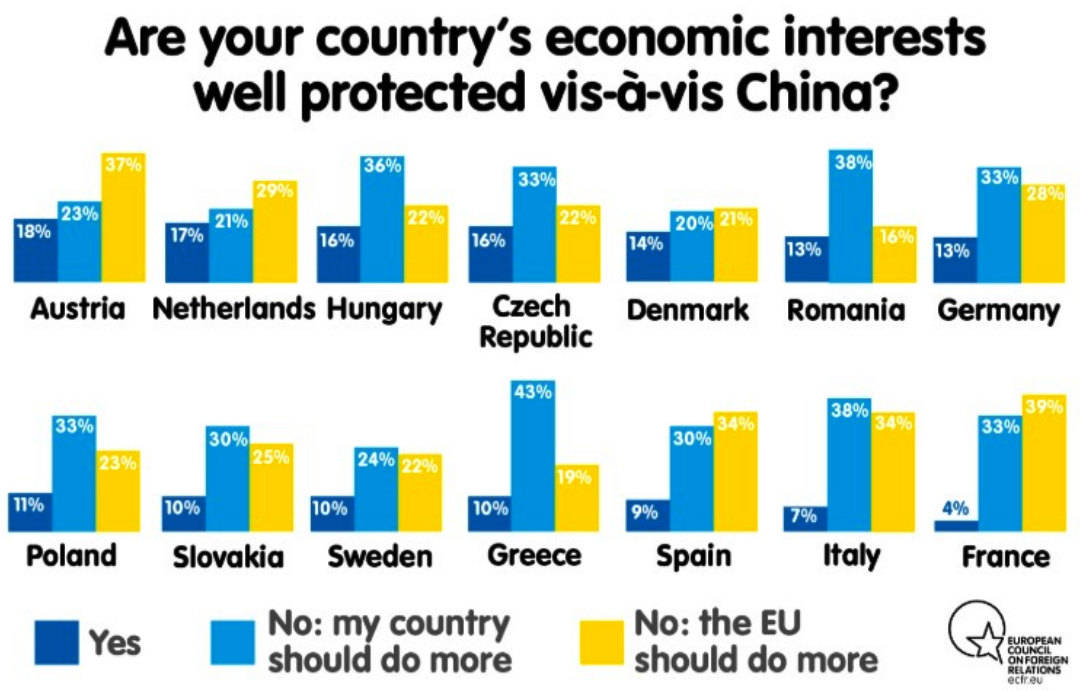
And Pew again:
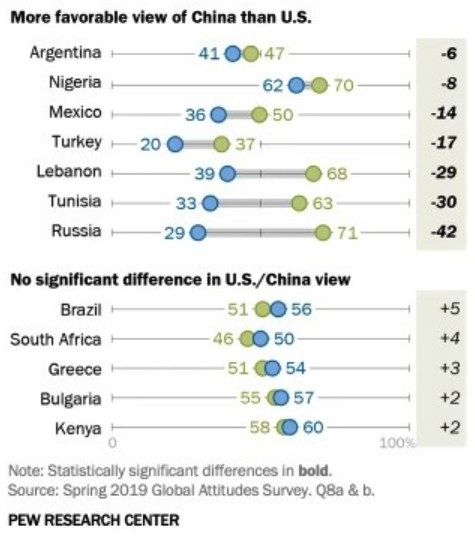
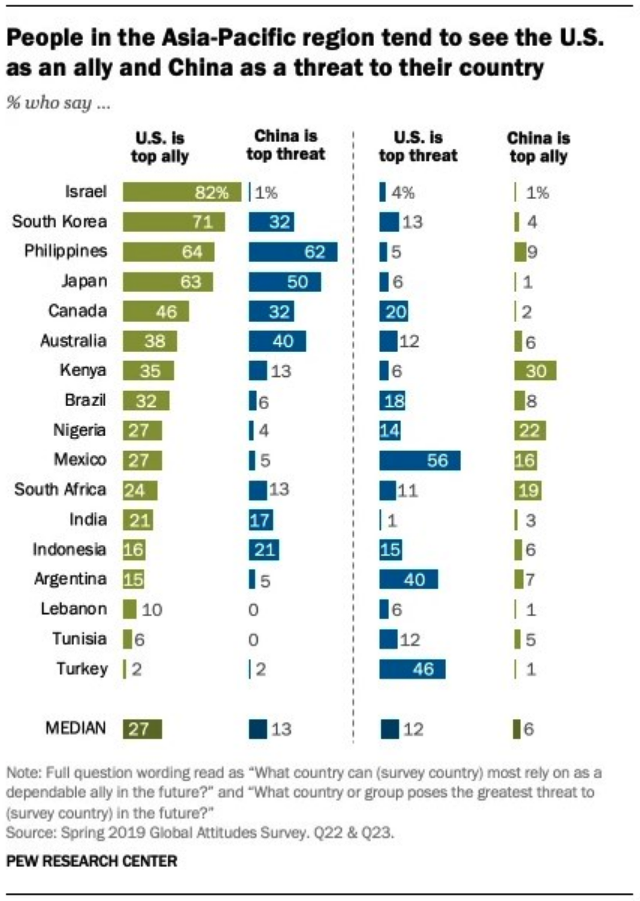
The Coronavirus crisis has been a clarifying moment. Concepts such communism, one-party rule, the social credit system, censorship, authoritarianism, human rights, democracy, freedom tend to be quite abstract for people in the developed world at the best of times, and what happens in China to the Chinese people by the Chinese people generally has little or no impact on and little or no interest for the Westerners – until it eventually does. Now is one such a time.
The fact that China is an authoritarian society where the party means all and the people mean very little, where information is tightly controlled, and where the rest of the world is viewed with distrust all mattered when it came to the origin of the pandemic and all had very tangible economic and social consequences for the rest of the world over the past six months.
Many have been aware of the issues all along, but many more now begin to realise that how our major trading partners and major world powers govern themselves and treat their own people has important implications for everyone, as have previously obscure and seemingly boring issues like manufacturing concentration, supply chains and international transport networks.
These are long overdue discussions we need to have.
Arthur Chrenkoff blogs at The Daily Chrenk, where a version of this piece also appears.
Got something to add? Join the discussion and comment below.
Got something to add? Join the discussion and comment below.
Get 10 issues for just $10
Subscribe to The Spectator Australia today for the next 10 magazine issues, plus full online access, for just $10.

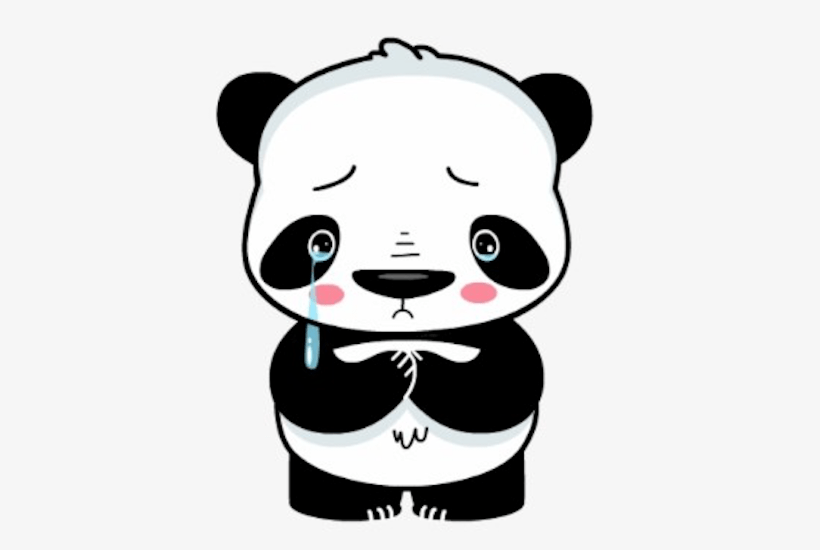

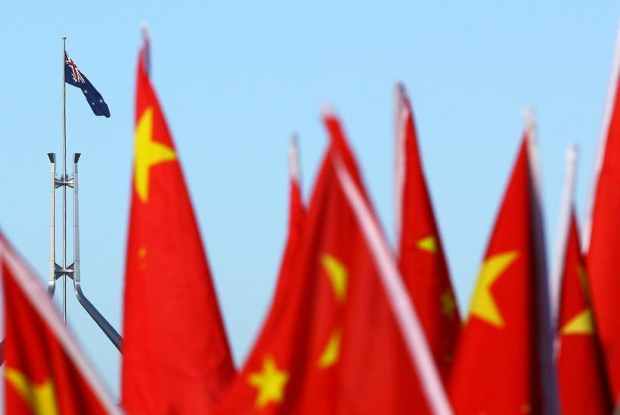
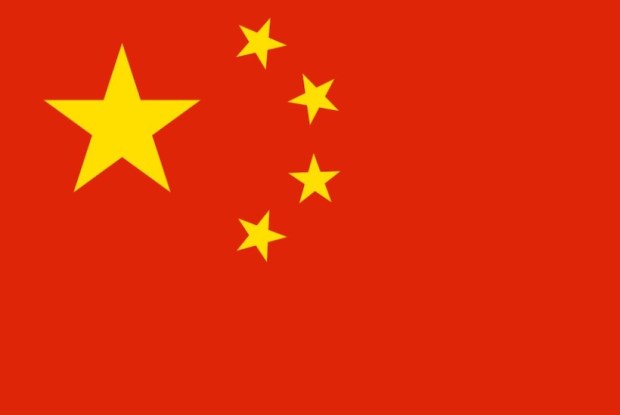
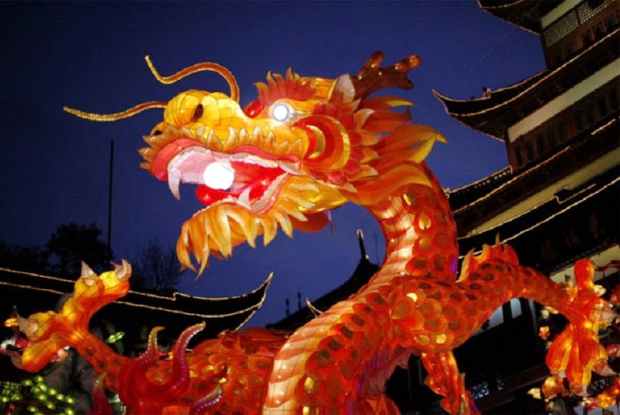




















Comments
Don't miss out
Join the conversation with other Spectator Australia readers. Subscribe to leave a comment.
SUBSCRIBEAlready a subscriber? Log in